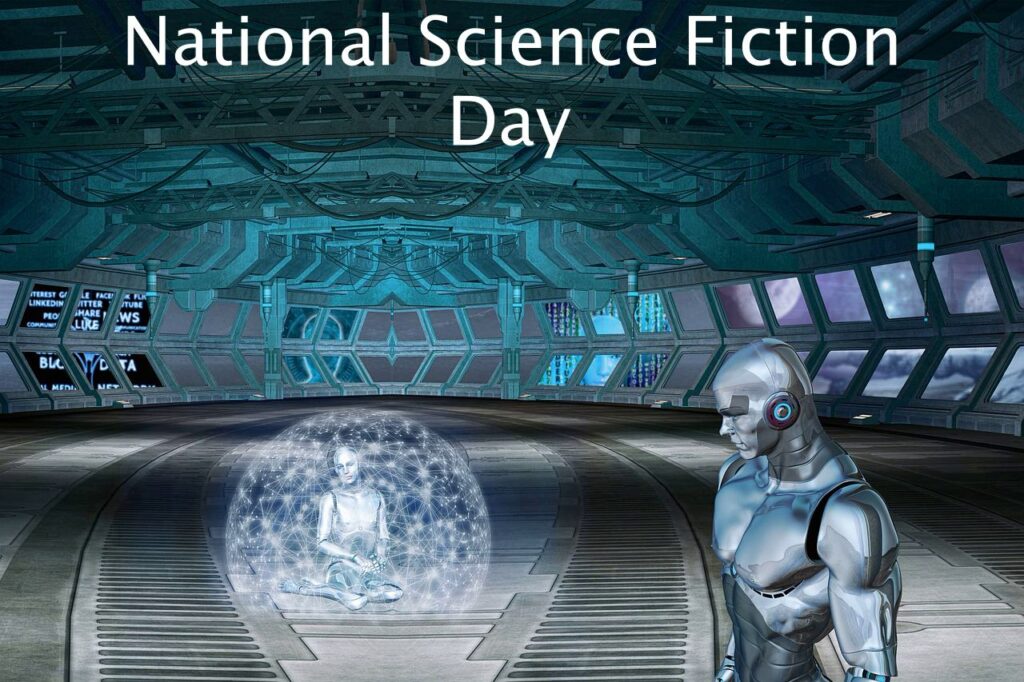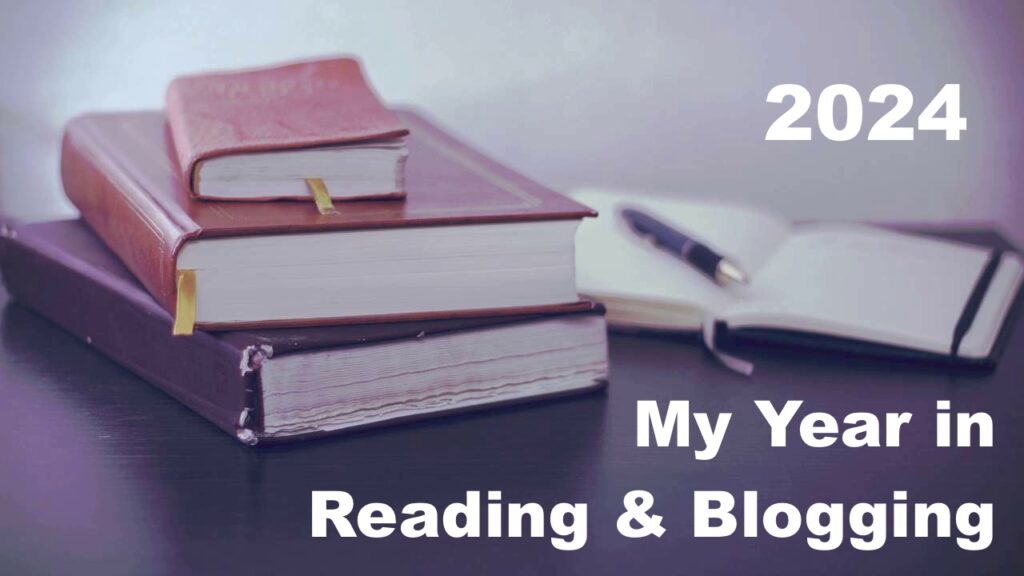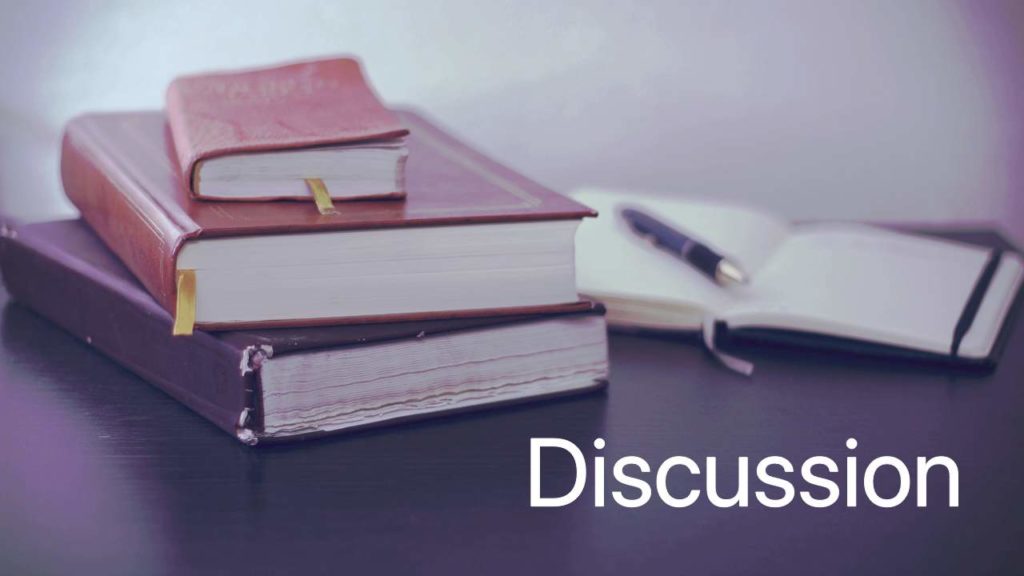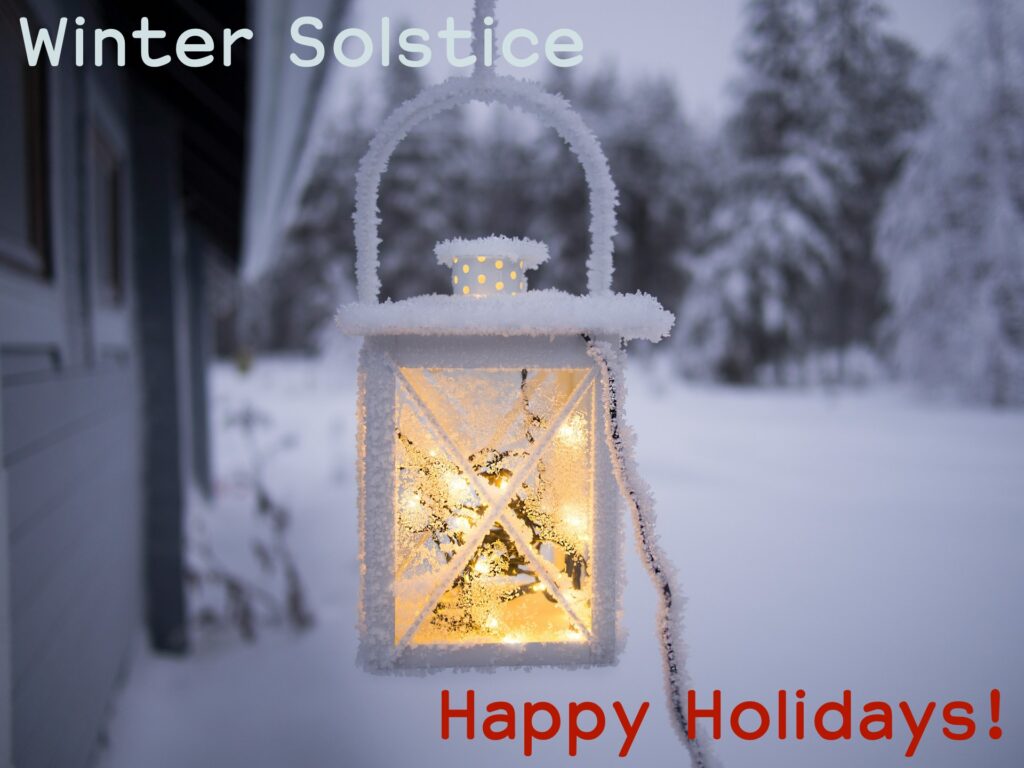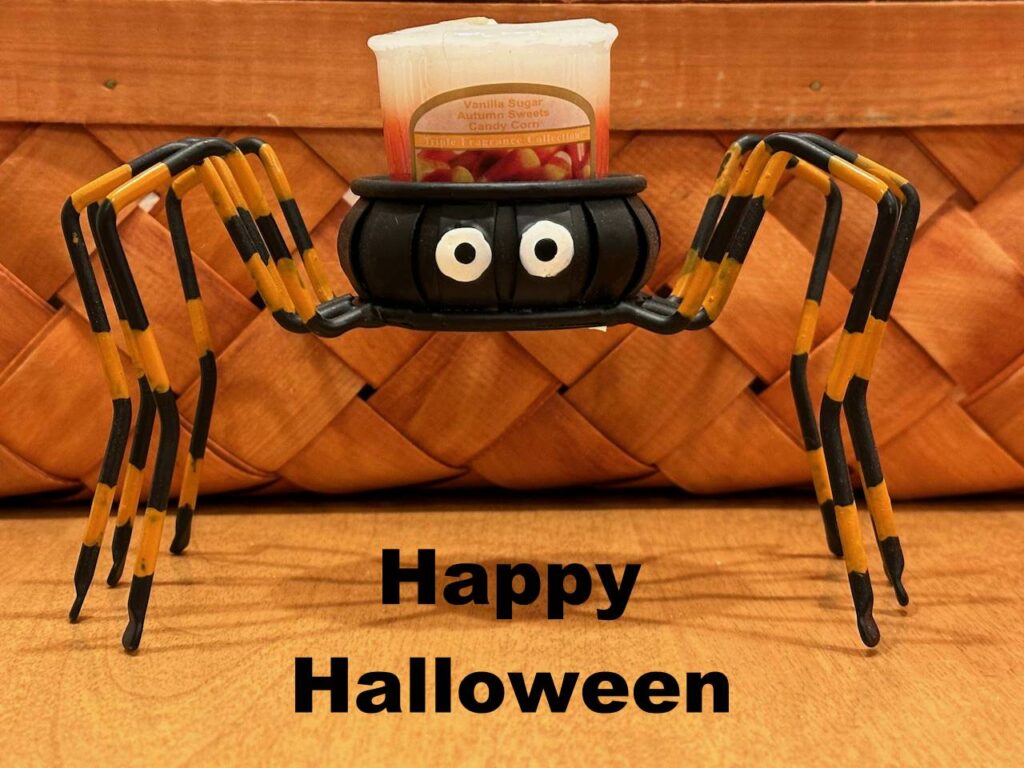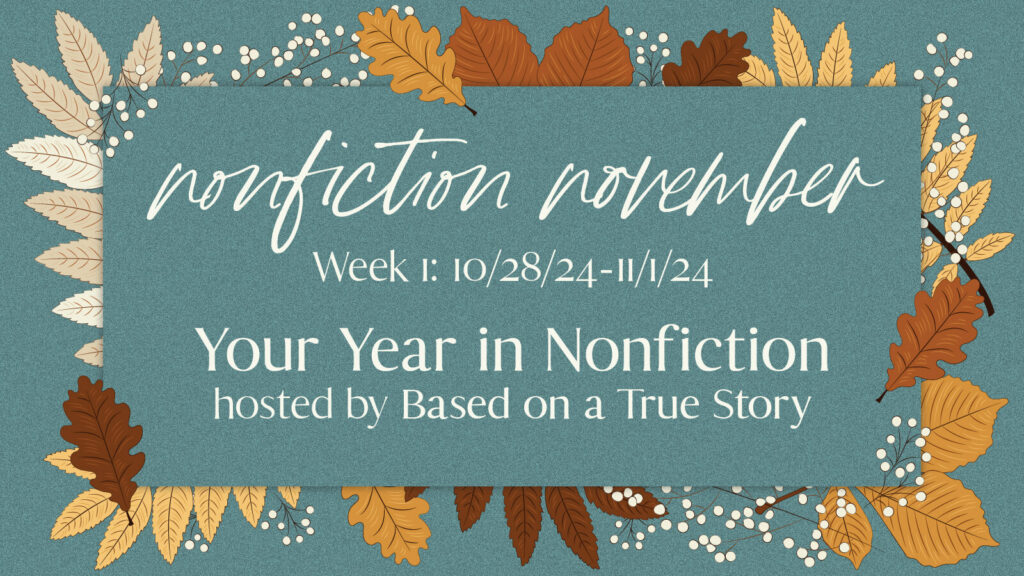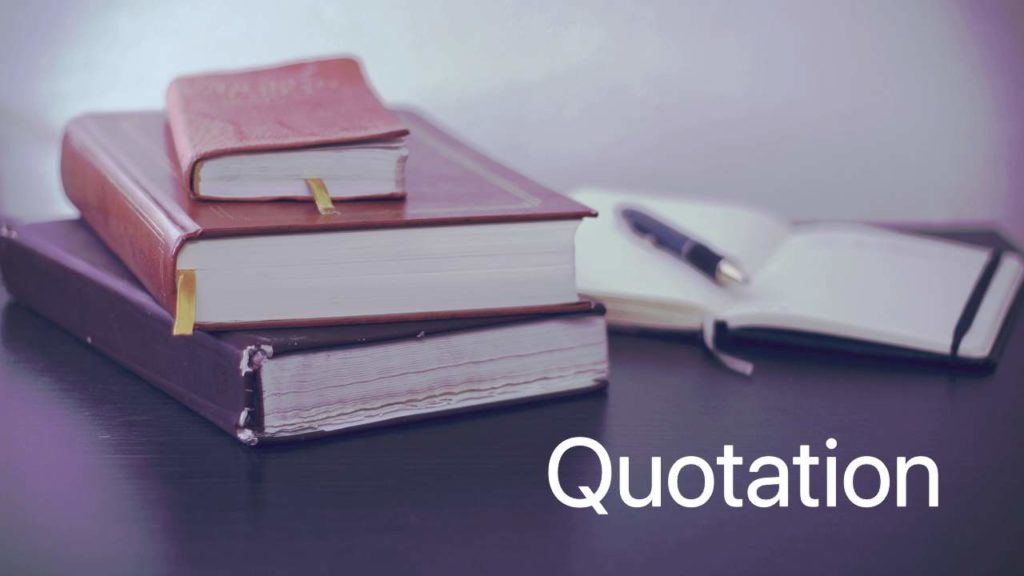Everything I Need to Know About Life I Learned from “Star Trek”
Here in the U.S. today is national science fiction day, observed annually in honor of science fiction writer Isaac Asimov, who was born on January 2, 1920. I didn’t read science fiction as a teenager or young adult. To the best of my recollection, I discovered science fiction through television rather than books. My introduction […]
Everything I Need to Know About Life I Learned from “Star Trek” Read More »

